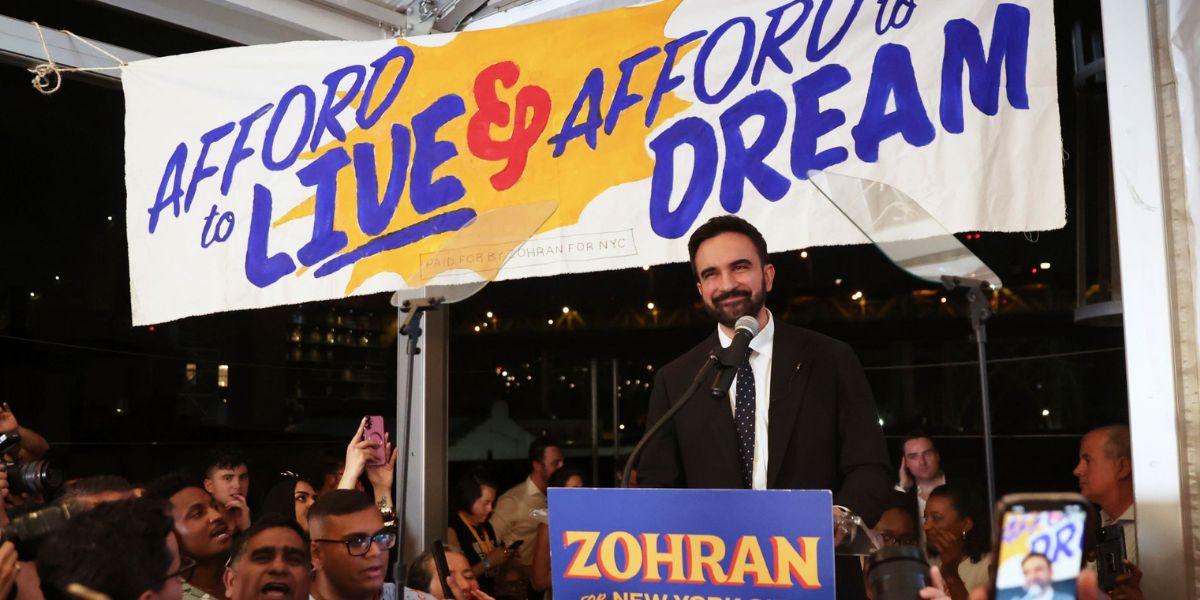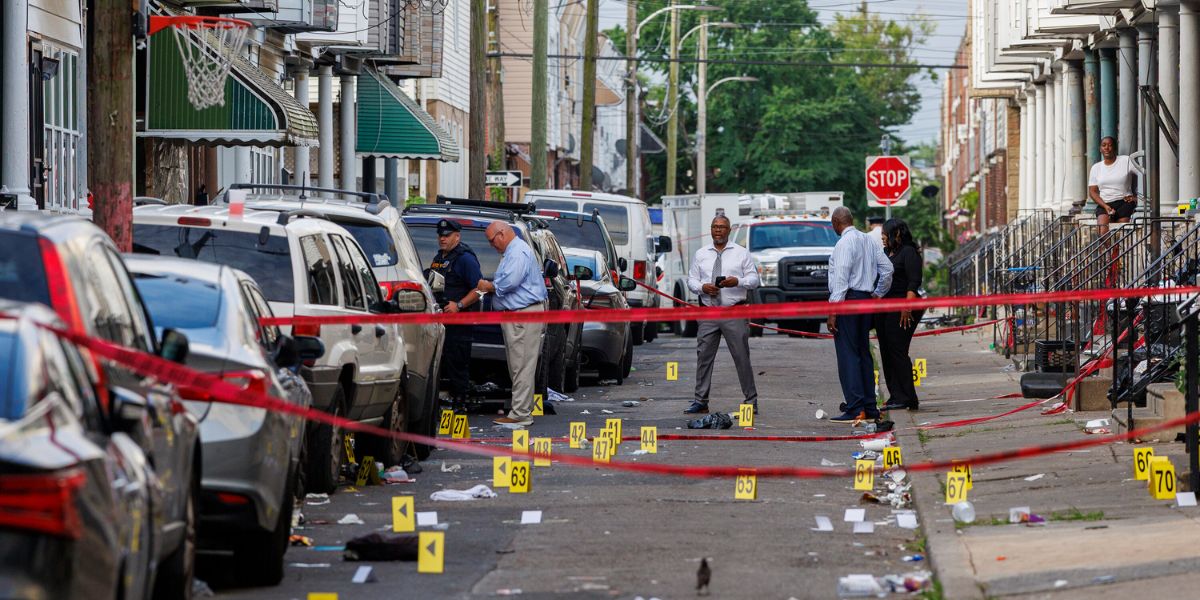SAN DIEGO, CALIFORNIA — The San Diego City Council’s Select Committee on Addressing Cost of Living made a bold move on Wednesday, unanimously passing a proposal to raise the minimum wage for hospitality workers in the city to $25 an hour.
The proposal now heads to Councilman Sean Elo-Rivera’s office for the drafting of an ordinance, which will be presented to the full City Council later this year.
The Push for Change
Councilman Sean Elo-Rivera, who chairs the select committee, argued that the increase was necessary for basic worker dignity. “This is not radical, this is what basic dignity demands,” he said, dismissing claims from business leaders who warned that the proposal could cost thousands of jobs.
Elo-Rivera highlighted that these “scare tactics” have been used before, only to be proven wrong.
The $25 per hour wage increase would apply to workers in San Diego’s hospitality industry, which includes amusement parks, event centers, hotels with at least 150 rooms, and the San Diego Zoo.
Elo-Rivera pointed out that the measure follows the lead of Los Angeles and Long Beach, which have previously raised wages in preparation for the 2028 Olympic Games.
Business Community’s Opposition
The proposal has faced strong opposition from many in the local business community. Chris Cate, president of the San Diego Regional Chamber of Commerce, acknowledged that San Diego is an expensive city to live in, but argued that raising the minimum wage would not make it easier for workers to afford living in the area.
Cate and others warn that the increase could negatively impact small businesses and the local economy.
A report from the San Diego Independent Budget Analyst’s Office presented a middle ground, indicating that while minimum wage increases in other Californian cities had not notably impacted transient occupancy taxes (hotel tax), a $25 hourly wage could result in large businesses, such as hotels, reducing employee hours and services.
Cost of Living in San Diego
The debate over wages comes as the cost of living in San Diego continues to climb. According to the Massachusetts Institute of Technology’s Living Wage Calculator, a single person in San Diego County would need to earn $30.71 per hour to meet basic living expenses.
For a two-adult, one-child household, the figure rises to $49.13 per hour. The current minimum wage of $17.25 per hour in San Diego falls significantly short of these calculations.
Emily Renda, a businesswoman and board member of Business For Good San Diego, argued that raising the minimum wage to $25 per hour is the bare minimum.
“This is a progressive step forward for our city,” she said, emphasizing that many working-class residents struggle to make ends meet despite full-time employment.
Support for the Proposal
Proponents of the wage increase argue that the hospitality industry in San Diego is financially capable of supporting the change.
The city currently provides $62 million in funding to the San Diego Tourism Marketing District, as well as nearly $21 million annually in property tax subsidies to the San Diego Zoo. In addition, there are no additional charges for public amenities provided to the industry.
However, some local businesses, including the San Diego Padres, have expressed concerns about the impact of the wage increase.
Caroline Perry, Chief Operating Officer of the Padres, stated, “This proposal is too extreme. It would drive up the cost of living, make it harder for San Diegans to attend games, and hurt local businesses that rely on Petco Park.”
Read Also: San Diego County Adopts $8.63B Budget Focused on Housing, Health, and Safety
Political Support and Concerns
Council members, such as Henry Foster III, supported the move, arguing that while $25 per hour may not yet be a fully livable wage in San Diego, it represents a common-sense step in the right direction.
Councilwoman Marni von Wilpert also voiced her support, noting that large corporations can afford to pay a living wage, though she expressed concerns about nonprofits like the San Diego Zoo being disproportionately affected.
The proposed wage increase is set to take effect on January 1, 2026, if it passes through the full City Council later this year.
Public Reactions
During the public comment period, over 80 speakers weighed in on the issue, with strong support from labor groups. Nate Fairman, business manager for IBEW Local 465, sang a San Diego version of the union protest song “Which Side Are You On?”, urging the council to stand with workers, not corporations.
Brigette Browning, head of the San Diego Labor Council, criticized opponents for spending money on lobbyists instead of supporting workers.
Meanwhile, Clayton Fowler, public affairs manager of the Downtown San Diego Partnership, cautioned the council about the potential impact on local businesses and the job market in downtown San Diego.
What’s Next for San Diego’s Minimum Wage Proposal?
As the proposal moves forward, San Diego will face ongoing debates about the balance between worker rights and business sustainability.
The decision to increase the minimum wage to $25 per hour for hospitality workers is set to shape the future of wages and living standards in the city.
What Do You Think?
Do you agree with the proposal to raise the minimum wage to $25 per hour for hospitality workers in San Diego? Should large corporations be required to pay a living wage? Share your thoughts in the comments below on RidgecrestPact.org.









